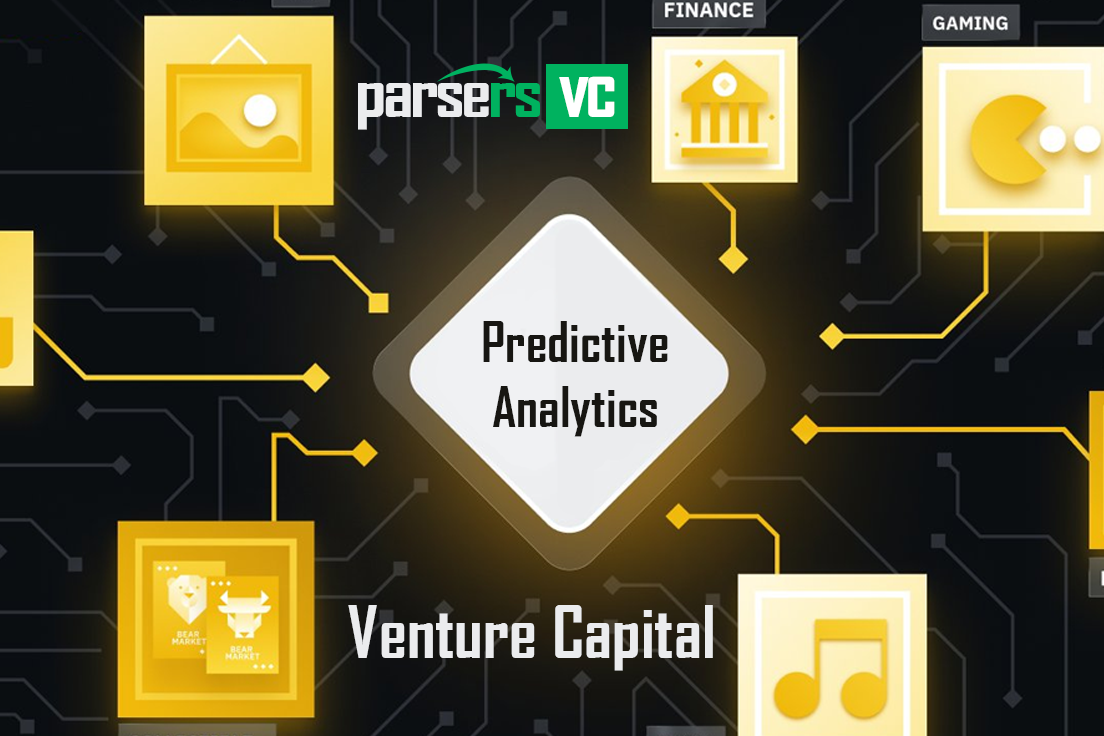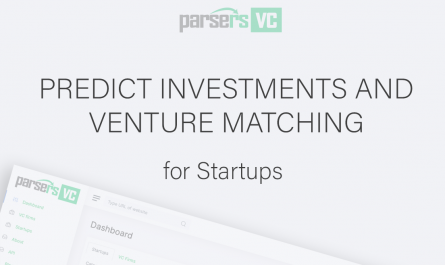Venture financing is investment in high-risk projects that are not usually sponsored by banks or other lending institutions. The latter mainly invest in projects where a return on the money is guaranteed.
Today, the most breakthrough technologies in the world are being developed through venture capital financing. It is worth noting that venture capitalists are not philanthropists or charitable organizations, because they specifically select those projects that, in addition to increased risk, have increased potential to scale and make more money than classic projects.
Investments in startups are considered high-risk, but if successful, they will provide higher returns than traditional financial assets.
Evaluating a startup investment is somewhat more complicated than deciding whether to invest in an established company that has existed for many years. However, it is worth the gamble: investing in a project that has just entered the market can give an investor an expectation of higher returns in the future.
Accordingly, venture capitalists try to initially choose for financing such projects that have at least tenfold growth potential, so that one such project could cover the losses incurred by the other nine.
The main magic of the venture capital investor is the ability to discern the future “unicorn” in the startup. It’s not about picking the right [candidates] and sifting out the wrong ones, it’s about not sifting out the right ones. For us, the biggest risk is passing the next Facebook among the contenders. The stakes are high, so funds are willing to use any efficient tool to select promising companies, including AI.
In the financial sector, mathematical models have long been used. The most successful are predictions of the dynamics of stock prices of companies on the stock exchange. The standard today is the use of machine algorithms in hedge funds as well. However, there is a problem with venture investing – the quantity and quality of data: public companies are obliged to disclose their indicators, while startups do not strive to be public.
The development of Internet technology and big data analysis has led to many sources from which information about startups can be obtained. There are many popular databases used by investors – Angellist, CB Insights, Crunchbase, Dealroom, PitchBook, Preqin, Tracxn and VentureSource.
Most startup investors don’t have the same resources as Google, and they still operate the old-fashioned way and trust their senses. But as technology advances and development of powerful machine learning algorithms becomes cheaper, investors will have to decide whether they should use AI to make decisions. Can artificial intelligence compete with humans in the early stages of investing, and how can investors use it?
AI is becoming increasingly sophisticated; it will become a key differentiator for venture capital firms. In an industry that relies heavily on familiarity and good feedback to find opportunities on the brink of failure, big data makes the identification process faster and more comprehensive. In short, more informed decision-making happens faster.
Algorithms for identifying successful investments can vary – identifying a new category that’s gaining traction, identifying a project’s stage of development, identifying competing companies, and so on. Thanks to the data it is possible to analyze the past and current state of the potential company to better predict how it will develop in the future.
Using data science to identify and then validate prospects, VCs will be better prepared to make decisions. Hard evidence, rather than promotional suggestions, inspires more confidence in the choice of investment.
Examples of using AI in Venture
San Francisco-based venture capital firm Signalfire already uses its own Beacon platform to track the performance of more than 6 million companies. The platform, which costs more than $10 million a year, uses 10 million data sources, including academic publications, patent registries, open-source platforms, regulatory documents, company Web pages, sales data, social media and even raw credit card data. Companies that perform better are flagged on a special dashboard, allowing Signalfire to track potential deals before traditional venture capital firms are interested in them.
This is not to say that AI and machine learning will be the panacea for investment decisions. In a November 2020 experiment, Harvard Business Review built an investment algorithm and compared its effectiveness with the returns of 255 business angels. Using state-of-the-art methods, the team trained the system to select the most promising investment opportunities among 623 deals from a major European network. The model, whose decisions were based on data available to investors, outperformed newcomers but could not reach the level of experienced investors. This was due in part to the biases the algorithm inherited from its compilers. Since it may not be possible to completely eliminate these forms of bias, it is imperative that investors take a “hybrid approach” to decision-making, that is, using human opinions on par with the AI’s findings.



